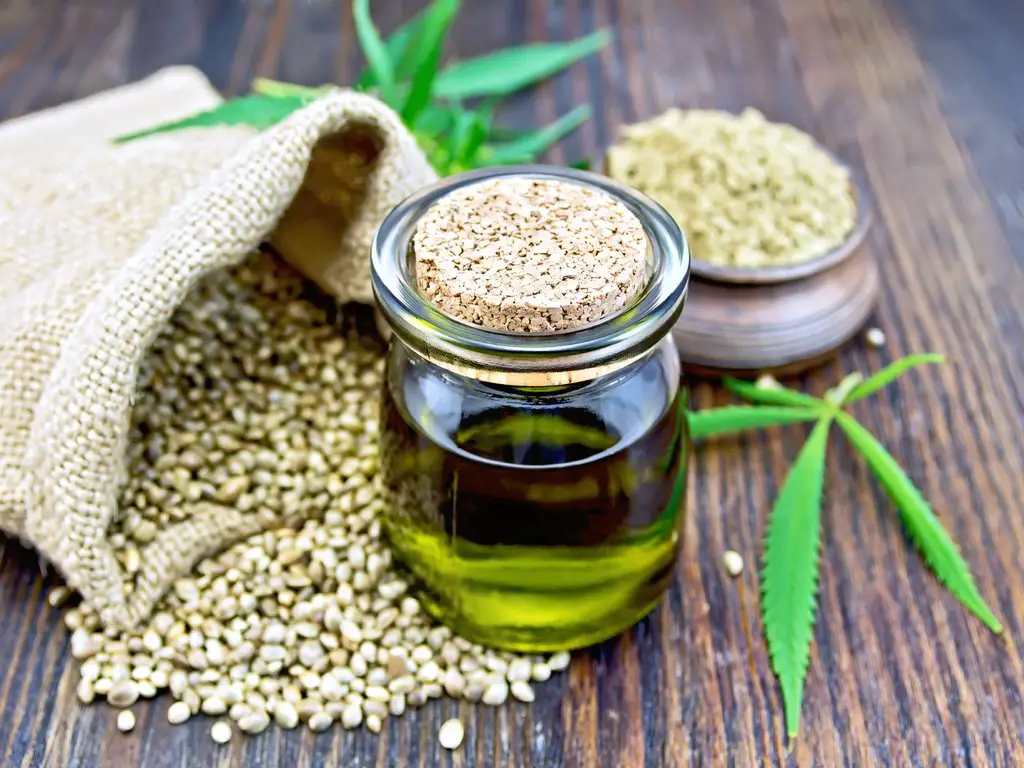Inflammation is an element of our body’s immune response that often goes together with pain. The inflammatory response can be protective in the short term, but in the long term links with several diseases. Chronic inflammation is linked with diseases such as cancer, diabetes, heart disease, Alzheimer’s, and many more. Inflammation has a lot of symptoms with pain, redness, swelling, and heat being the most common. There are anti-inflammatory medications that people use to treat inflammation but they are not perfect. In fact, non-steroidal anti-inflammatory drugs and steroid ones have risks and cause side effects.
A lot of people are turning towards better solutions choosing a safer approach to treating inflammation. Such a preventative approach may be starting to follow an anti-inflammatory diet. And another way may be taking anti-inflammatory supplements. That is where CBD comes into play as a valuable option for inflammation treatment.
Can CBD and its properties be a more natural method? This question is what we will focus on mostly below so continue reading.
What is the role of CBD in reducing inflammation?
CBD is a natural remedy that people need to use in order to treat inflammation. When asked if CBD and its properties are a more natural method, the answer is yes. But, even though current evidence suggests the answer is yes, more research is undergoing. It is not easy to protect subjects that are part of the cannabis world such as CBD.
Cannabinoids such as CBD are anti-inflammatory but need more scientific research to determine the best way to use it. We do not know yet how it works for specific types of inflammation. This is because inflammation involves many signaling pathways so is a hard process to determine. But, we can say that one of the ways CBD can help reduce inflammation is by inhibiting COX2 which is some kind of enzyme. CBD products such as CBD oil are able to affect cytokines which are a class of molecules present in the inflammation process. In addition, CBD has the ability to reduce the effects of cytokines and as so reduce inflammation.
The latest research on CBD for inflammation
As we stated above, inflammation plays a significant role in several diseases such as:
- asthma
- inflammatory bowel disease
- allergies
- celiac disease
- autoimmune conditions
- cancer
- diabetes
- heart disease, etc.
The latest research suggests that CBD can help treat these conditions by using its anti-inflammatory properties. There have been numerous studies on the issue and some state the potential of CBD. For instance, the studies done on mice, reveal that CBD is able to prevent the onset of type 1 diabetes. As we know diabetes is in fact an inflammatory autoimmune disease that involves pancreas. Later in other studies has been found that CBD is able to protect us from the negative effects of multiple sclerosis. In 2017 a scientific study came out with conclusions stating the potential of CBD on medication of inflammatory bowel disease.
Some tips on using CBD products
Before purchasing any CBD product, do some simple online research, and find online retailers in your country. There you can get a lot of information about CBD products and usage. We also recommend you make a visit to your doctor because he will remove any doubts you have. If you are using other medications for your condition, you really need to talk to your doctor before using CBD.
Even though CBD is safe and it is not addictive, it can be hard to find the right dosage. In fact, most people start with small dosages and increase it until they feel the positive changes. Even though CBD is in fact a cannabis derivative, it will not make you “high”. CBD fights addiction and besides being anti-inflammatory, has a ton of other therapeutic properties. CBD is not only used by humans, but humans are also using it for their pets and animals in general.
In conclusion, we can clearly say that CBD is a well-known anti-inflammatory and is the safest medicine to treat inflammation. CBD is likely one of the best options to treat inflammatory health conditions without the risk of side effects. What may be a challenge for users is the ‘perfect dosage of CBD’ for their anti-inflammatory or immune conditions. Future research will most likely solve that too, and provide us with important details.



